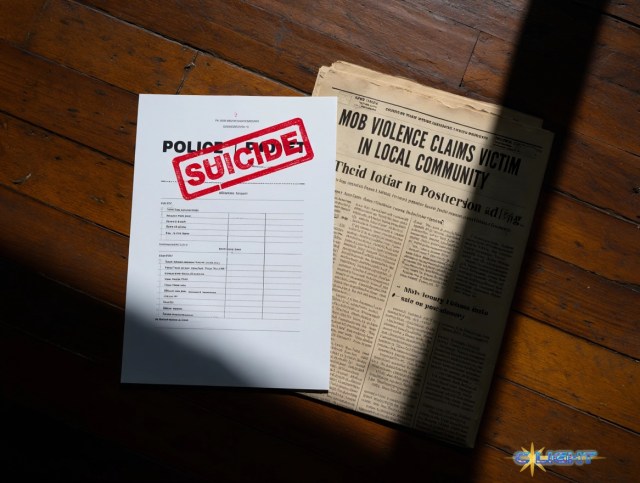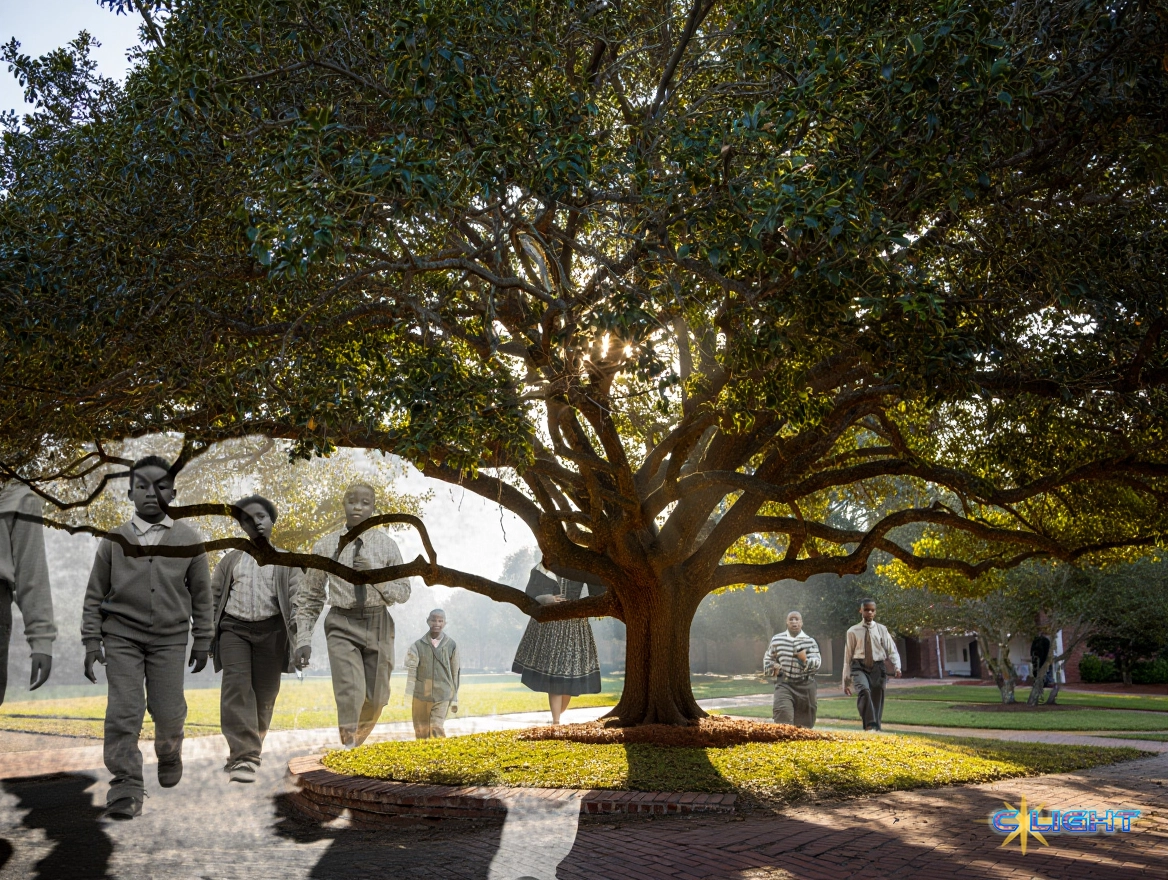4 minutes read time.
In the early hours of Monday morning, the body of Demartravion “Trey” Reed, a 21-year-old Black college student, was found hanging from a tree on the campus of Delta State University in Mississippi. Hours later, in a wooded area near a casino in Vicksburg, the body of Corey Zukatis, a 36-year-old homeless white man, was found in the same horrific manner. In a state haunted by the ghosts of a violent, racist past, these two eerily similar deaths should have ignited a national firestorm of outrage and demanded a relentless, transparent investigation. Instead, in the days since, the story has been met with a wave of official dismissals and a deeply disturbing, near-total silence from the national media. This is a story about two tragic deaths, but it is also a story about the profound and justified lack of trust in our institutions and the deafening silence that greets a potential modern-day lynching in the heart of the American South.
The official narrative was constructed with a speed that was, in itself, suspicious. Before the sun had fully set on the day Trey Reed’s body was found, local officials were already publicly managing the story. The Delta State University Police Chief, Michael Peeler, announced that there was “no evidence of foul play at this time.” This was quickly followed by a Bolivar County Deputy Coroner, Murray Roark, who took the extraordinary and unprofessional step of telling the press that, in his opinion, the death was “self-done, and I have reasons for that,” while declining to elaborate. By the next day, the coroner’s office had officially ruled the death a suicide, a definitive conclusion reached even as the Mississippi Bureau of Investigation’s inquiry was just beginning.
This rush to judgment was a direct and deliberate attempt to quell the immediate, visceral reaction from the Black community and beyond. The image of a Black man hanging from a tree in Mississippi, just 30 miles from where Emmett Till’s mutilated body was pulled from the Tallahatchie River, is not a neutral event. It is a symbol, a historical trigger loaded with the weight of centuries of racial terror. The “online rumors” of broken limbs that the coroner’s office was so quick to dispute were not just idle gossip; they were the desperate questions of a community that knows its own history, a community that has seen this story play out before and knows how it usually ends.
It is into this chasm of distrust that civil rights leaders have stepped. The family of Trey Reed, in a statement calling him their “little quiet light,” immediately retained attorney Ben Crump to conduct an independent investigation. “We cannot accept vague conclusions when so many questions remain,” Crump stated. Congressman Bennie Thompson, a Mississippi Democrat, echoed the sentiment, calling for the FBI to take over the case because they have the “tools and experience necessary to conduct a thorough, unbiased inquiry”—a tacit and damning indictment of his own local law enforcement.
The second death, that of Corey Zukatis, only deepens the mystery and the suspicion. Local authorities have been quick to declare that they “don’t believe the deaths are related at this time,” framing them as a tragic and bizarre coincidence. But for a public steeped in the history of Mississippi’s violent past, the sight of two men, one Black and one a marginalized white man, found hanging from trees on the same day is a pattern that cannot be so easily dismissed. “Two young people lynched in Mississippi,” one social media user wrote, capturing the sentiment of many. “Police are already trying to convince us this is a suicide.”

What is perhaps most disturbing, however, is the speed at which this story is being erased from the national consciousness. After an initial flurry of reports, the story has all but vanished from the front pages and the cable news chyrons. It is being treated as a local crime story, not a national crisis. This editorial choice is, in itself, a form of violence. It is an act of erasure that reinforces the very power structures the civil rights leaders are fighting against. It tells the world that a potential lynching in Mississippi in 2025 is not worthy of sustained national attention.
The families are grieving, the community is demanding answers, and the ghosts of the past are whispering warnings that are impossible to ignore. But the nation, it seems, has already decided to look away.
Discover more from Clight Morning Analysis
Subscribe to get the latest posts sent to your email.










